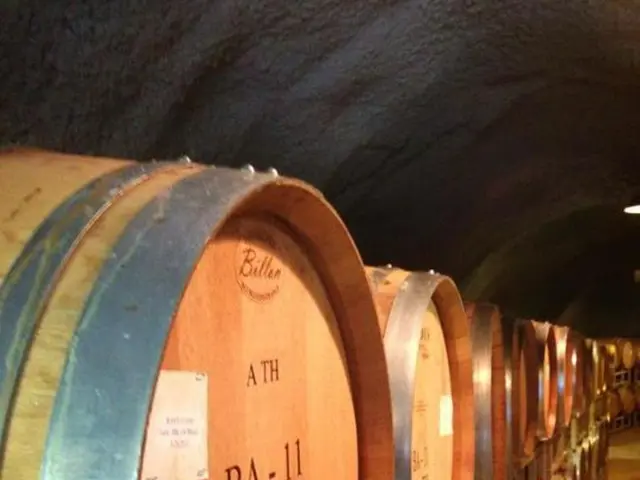A Game Changer: China's "Green Channel" for Streamlining Rare Earth Exports to EU
EU offered streamlined export path for China's scarce earth elements
China is mulling over an innovative approach, dubbed as the "green channel," to expedite the export of precious rare earth elements to the European Union. According to a spokesperson from the Ministry of Commerce in Beijing, this move is part of a common global practice when it comes to the control of rare earths and other vital materials [1][2]. China is ready and willing to establish this green channel for suitable applications, with the aim of speeding up their approval processes [1].
This announcement comes amidst the criticism from EU Trade Commissioner Maros Sefcovic, who has pointed fingers at China's restrictive export practices. Rare earths are vital components for various technologies, such as wind turbines and electric vehicles, and are in high demand due to the transition towards clean energy [1].
Previously, China had placed export controls on seven rare earths in the midst of the trade dispute with US President Trump. China commands a dominating presence in the global rare earth market, with the EU relying heavily on China for its rare earth imports, as suggested by Commission reports [1].
With the aim of reducing its dependence on China, the European Union has set a target for 2030. According to this plan, no more than 65% of a strategically significant raw material should be sourced from a single third country [1][5]. In order to achieve this goal, the Commission is exploring partnerships with other supplier countries and boosting recycling efforts within its member states [1].
Despite this proposed green channel, China's strategic position in the global rare earth market is expected to continue influencing the supply chain dynamics. The EU may leverage the green channel to secure more stable and reliable access to rare earths, thus mitigating some risks associated with China's export controls [2]. However, the green channel may also strengthen China's position as a market leader, potentially obstructing the EU's efforts to diversify its sources for these critical elements [4].
[1] ntv.de, AFP
[2] reuters.com
[3] en.people.cn
[4] cnbc.com
[5] ec.europa.eu
- The new "green channel" proposal by China for expediting rare earth exports to the EU could potentially significantly impact the employment policies of various industries, such as environmental-science, finance, and energy, as these sectors heavily rely on rare earths for clean technology production.
- Given China's dominance in the global rare earth market and the EU's dependence on China for imports, the implementation of the "green channel" could influence community policies regarding trade relations between China and the EU, with implications for employment policies within these industries.
- The proposed green channel and China's strategic position in the global rare earth market may heighten the importance of science and research in the sector, as understanding the technical aspects and potential alternatives becomes essential for countries aiming to reduce their dependence on China and diversify their sources for rare earths.







